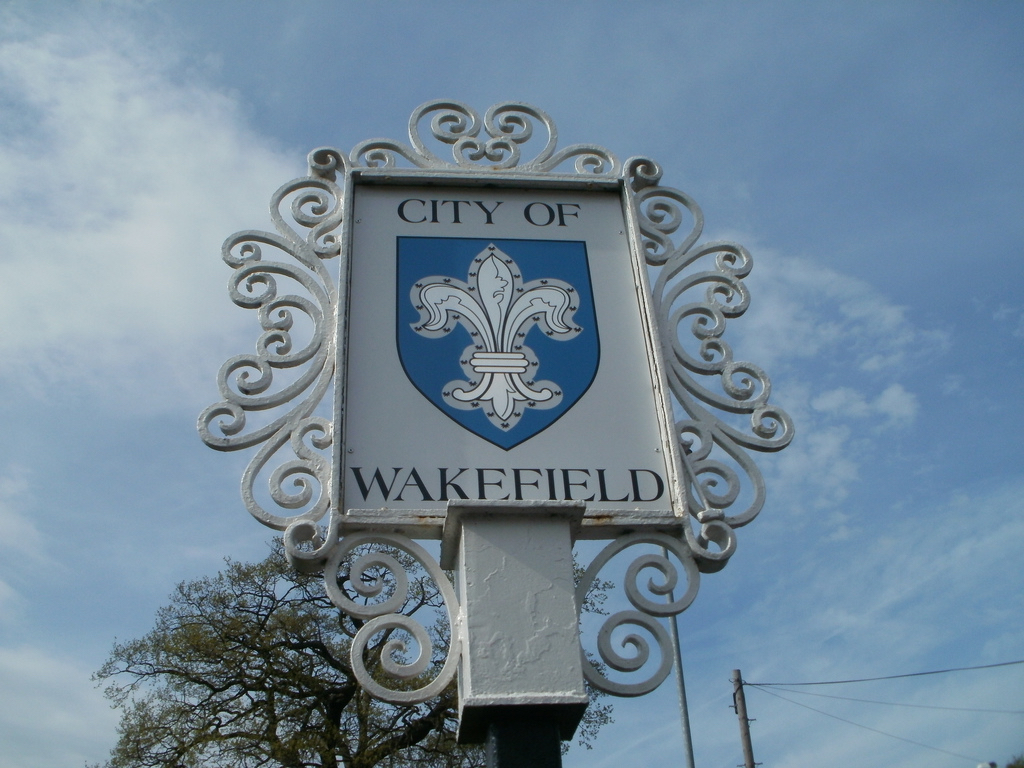Health professionals across West Yorkshire and Harrogate are inviting people to share their views on how stroke services across the area could be further improved to ensure they are fit for the future, whilst making the most of latest technology, such as mechanical clot retrieval thrombectomy, staff skills and maximising a person’s opportunity of a good recovery.
The work, led by a range of health care professionals, including consultants, doctors, Clinical Commissioning Groups and NHS England is all about the sustainability of quality stroke services and reducing the incidence of stroke happening in the first place, wherever possible.
In 2015/16 there were 3,633 stroke admissions to West Yorkshire and Harrogate hospitals, with the majority of people over the age of 65 and half being 75 years+.
The numbers of people having a stroke is expected to increase in the future and the demand for services is growing. People are living longer than previous generations after a stroke, and the reality is that up to two thirds of people in the UK could spend their retirement years in ill-health.
Stroke is a life changing event and evidence shows the care people receive in the first few hours can make a difference to how well they recover. This includes having specialist scans to assess the nature of the stroke and if appropriate receive clot-busting drugs (thrombolysis) delivered by specialist staff working in sustainable and resilient hyper acute stroke units.
Evidence from elsewhere suggests the outcomes following stroke are likely to be better if people are treated in specialised centres, even if this means increases in travelling time following the event.
Most people with a suspected stroke arrive at hospital by ambulance. Ambulance staff provide assessment and treatment as they convey people to the right hospital for their medical needs.
Ongoing rehabilitation should however be provided at locations, closer to where people live, and they should be transferred to these as soon as possible after initial treatment.
Further improving hyper acute stroke services (hyper-acute refers to the first few hours and days after the stroke occurs) and making sure all stroke care services are fit for the future has also been highlighted as a priority in the draft Sustainability and Transformation Plan (STP) for the area. This outlines how we want to improve people’s health and wellbeing, for example by reducing incidence of stroke, premature mortality and further improving care quality, such as increasing the proportion of people scanned within 12 hours.
Dr Andy Withers, Chair of the West Yorkshire and Harrogate Clinical Forum said ‘Nationally and locally lots of work has taken place to improve outcomes for people who have suffered a stroke. This includes supporting people to stay well and preventing stroke happening in the first place.
Progress in improving stroke care over the past 10 – 15 years has also increased the demand for the provision of specialist services. This has led to some of our hyper acute stroke services experiencing difficulty in recruiting and retaining the skilled workforce needed to meet these demands. We need to change if we want to meet this growing demand whilst maximising people’s opportunities of a good recovery. People want things to be more joined up, and more aligned to their needs and we want to listen carefully to what they have to say. This is a priority to us all’.
Robert Harrison, Chief Operating Officer Lead for Stroke on behalf of West Yorkshire Acute Association of Trusts, said: ‘The delivery of stroke services has change significantly in recent years, with the development of specialist treatments which has meant that hospitals across West Yorkshire and Harrogate have been working collaboratively to support these changes. Evidence shows that there remains variation in the access to the full range and quality of stroke services across West Yorkshire and Harrogate. By engaging with patients, relatives and staff we will be able to really understand their opinions and experiences and use that to develop future services. This work will help healthcare professionals across the region better understand how our stroke services can ensure every patient can access sustainable, high quality, consistent care’.
The engagement work is being supported by Healthwatch. At the end of the six week engagement period, feedback will be collated to inform proposals. Further engagement will take place to develop the final proposals, which would be subject to formal consultation.
Rory Deighton, from Healthwatch said ‘In the next few weeks, Healthwatch organisations across our area will be working hard to understand people’s experiences of using stroke services. We want to know what is important to people, what has worked well, and what needs improving to make sure services are sustainable in the future’.
The public can get involved by completing the survey online at https://www.surveymonkey.co.uk/r/WYStrokeServices or by contacting their local Healthwatch.
Consultation will follow later in the year as appropriate, with any final decision expected to be made by clinical commissioners in 2018.















